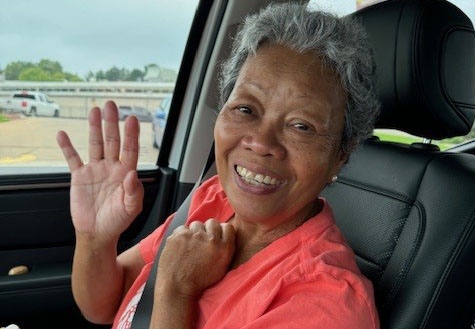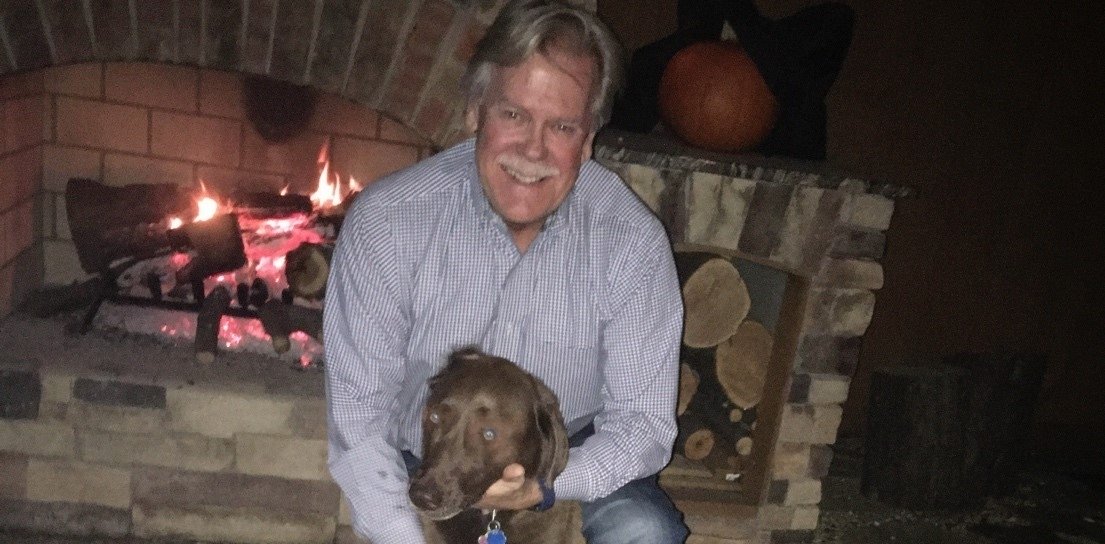- Diseases
- Acoustic Neuroma (14)
- Adrenal Gland Tumor (26)
- Anal Cancer (68)
- Anemia (2)
- Appendix Cancer (16)
- Bile Duct Cancer (26)
- Bladder Cancer (72)
- Brain Metastases (28)
- Brain Tumor (232)
- Breast Cancer (716)
- Breast Implant-Associated Anaplastic Large Cell Lymphoma (2)
- Cancer of Unknown Primary (4)
- Carcinoid Tumor (8)
- Cervical Cancer (160)
- Colon Cancer (166)
- Colorectal Cancer (118)
- Endocrine Tumor (4)
- Esophageal Cancer (44)
- Eye Cancer (36)
- Fallopian Tube Cancer (8)
- Germ Cell Tumor (4)
- Gestational Trophoblastic Disease (2)
- Head and Neck Cancer (12)
- Kidney Cancer (128)
- Leukemia (342)
- Liver Cancer (50)
- Lung Cancer (286)
- Lymphoma (278)
- Mesothelioma (14)
- Metastasis (30)
- Multiple Myeloma (100)
- Myelodysplastic Syndrome (60)
- Myeloproliferative Neoplasm (6)
- Neuroendocrine Tumors (16)
- Oral Cancer (100)
- Ovarian Cancer (172)
- Pancreatic Cancer (160)
- Parathyroid Disease (2)
- Penile Cancer (14)
- Pituitary Tumor (6)
- Prostate Cancer (146)
- Rectal Cancer (58)
- Renal Medullary Carcinoma (6)
- Salivary Gland Cancer (14)
- Sarcoma (240)
- Skin Cancer (298)
- Skull Base Tumors (56)
- Spinal Tumor (12)
- Stomach Cancer (64)
- Testicular Cancer (28)
- Throat Cancer (92)
- Thymoma (6)
- Thyroid Cancer (100)
- Tonsil Cancer (30)
- Uterine Cancer (82)
- Vaginal Cancer (18)
- Vulvar Cancer (20)
- Cancer Topic
- Adolescent and Young Adult Cancer Issues (20)
- Advance Care Planning (10)
- Biostatistics (2)
- Blood Donation (18)
- Bone Health (8)
- COVID-19 (362)
- Cancer Recurrence (120)
- Childhood Cancer Issues (120)
- Clinical Trials (632)
- Complementary Integrative Medicine (22)
- Cytogenetics (2)
- DNA Methylation (4)
- Diagnosis (232)
- Epigenetics (6)
- Fertility (62)
- Follow-up Guidelines (2)
- Health Disparities (14)
- Hereditary Cancer Syndromes (128)
- Immunology (18)
- Li-Fraumeni Syndrome (10)
- Mental Health (116)
- Molecular Diagnostics (8)
- Pain Management (62)
- Palliative Care (8)
- Pathology (10)
- Physical Therapy (18)
- Pregnancy (18)
- Prevention (920)
- Research (392)
- Second Opinion (74)
- Sexuality (16)
- Side Effects (604)
- Sleep Disorders (10)
- Stem Cell Transplantation Cellular Therapy (216)
- Support (402)
- Survivorship (322)
- Symptoms (182)
- Treatment (1786)
Throat cancer survivor: Caring made the difference at MD Anderson
BY Damion Smith
3 minute read | Published September 30, 2019
Medically Reviewed | Last reviewed by an MD Anderson Cancer Center medical professional on September 30, 2019
When I was diagnosed with squamous cell carcinoma of the vocal cords — a type of throat cancer — in the summer of 2016, there was no question about where I would go for treatment.
I’m originally from Waco, but I’d been living in Houston for about 10 years by then. And as a part of my job as a local news photographer, I’d covered dozens of stories at or about MD Anderson. So, I already knew it had the best Head and Neck Center in the country.
I wasn’t surprised by the high quality of care I received there. What I didn’t expect was the level of caring I’d get along with it.
Supported in every way during my throat cancer treatment
I’ve heard that your ability to recover from something hard or painful is only as good as your support system. I think that’s true. The care I received at MD Anderson is proof.
Over the course of three months, I had seven rounds of chemotherapy and 35 radiation therapy treatments there. And I’ve been cancer-free since December 2016.
But my throat cancer treatment went far beyond the medical aspect. Looking back now, I’d say about 70% of it was purely psychological. And my care team spent a lot of time and energy making sure I felt supported in that way.
Team embodies caring attitude
On my very first day at MD Anderson, I met with three different doctors and a dentist. That was … intense. But every single one of them made sure I felt comfortable and understood my diagnosis and treatment recommendations.
Other members of my care team were great, too. During my IV chemotherapy infusions, one of my nurses told the absolute worst cheesy jokes. But I really loved that about him. He was always so positive.
And when I complained to one of my physician assistants about how much I missed the taste of donuts (because I’d heard that sugar makes cancer grow and spread faster), she explained that was just a myth. The very next morning, she went by a donut store on her way in and brought me one of my favorite flavors: a strawberry iced.
Grateful for whole-family support
I’m convinced today that my doctors and nurses cared just as much about my wife and child as they did about me. They made sure my whole family was well taken care of while I was undergoing treatment. The nurses always asked me how my little girl was doing. And I remember them asking my wife how she was doing.
That really meant a lot to me, as my family was a big concern. My wife and I had only been married for four years at the time of my diagnosis, and we had a two-year-old daughter. I felt guilty about putting them through such an ordeal. It helped to know that my care team was thinking of my family, too, and making sure that my wife felt like a part of everything.
That’s why even today, when I’m covering stories at MD Anderson between my follow-up appointments, I always make it a point to go back to certain areas just to say hi. Being treated for throat cancer there was like being cared for by my own family. And I don’t know if I would have had received that kind of attention anywhere else.
Request an appointment at MD Anderson online or by calling 1-833-590-1172.
Related Cancerwise Stories

It was like being cared for by my own family.
Damion Smith
Survivor





